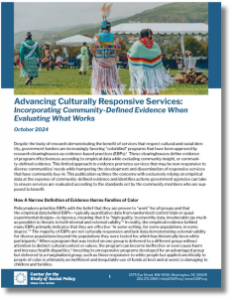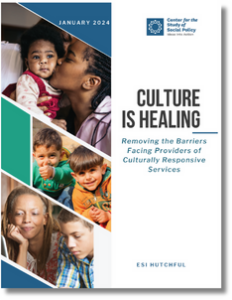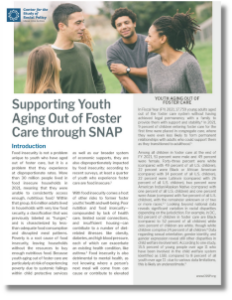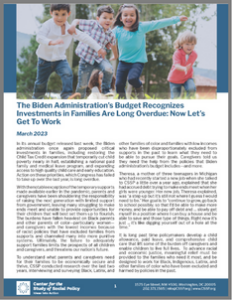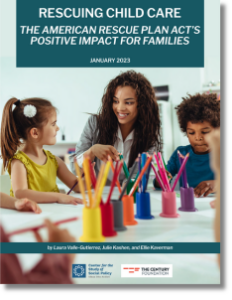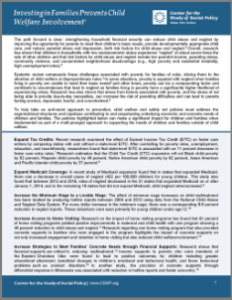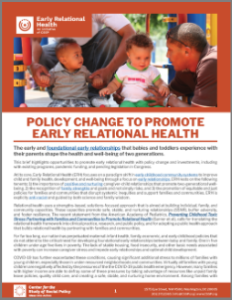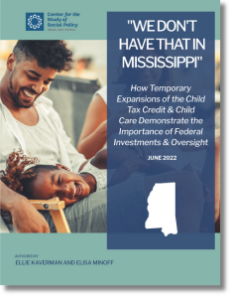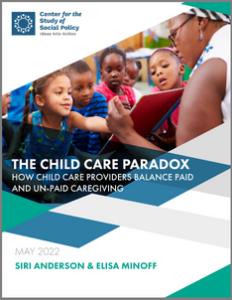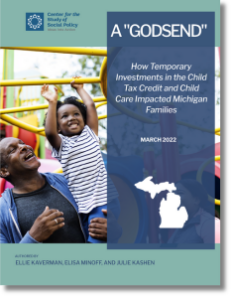Despite the body of research demonstrating the benefit of services that respect cultural and racial identity, government funders are increasingly favoring “colorblind” programs that have been approved by research clearinghouses as evidence-based practices (EBPs). This limited approach to evidence promotes services that may be non-responsive to diverse communities’ needs while hampering the development and dissemination of responsive services that have community buy-in. This publication outlines the concerns with exclusively relying on empirical data at the expense of community-defined evidence and identifies actions government agencies can take to ensure services are evaluated according to the standards set by the community members who are supposed to benefit.
(4 pp)
